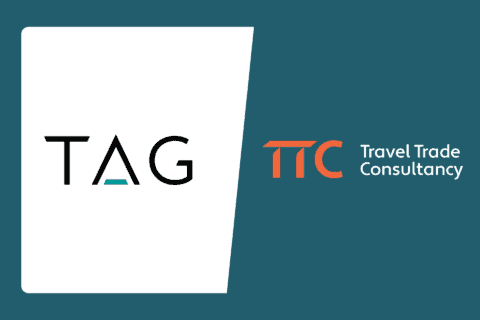Of course, we’re all breathing a sigh of relief as the Covid-19 restrictions are slowly easing. But that doesn’t mean that the financial consequences are over for our industry. As things achieve a semblance of normality there will remain a number of new financial challenges. Travel business owners will need to overcome these in order to move ahead in a post-pandemic world.
The financial dynamics of the travel industry are intricate at the best of times. Now that restrictions are beginning to ease it’s becoming clear that the pandemic has added an extra layer of ongoing complexity.
1. Keeping on top of cash
Cash has always been king, but post-pandemic it could become a despot. As borders and travel businesses open up the taps will turn on. Salaries, rent and a variety of operating costs will all come back on stream and need to be handled with care.
Scenario planning is vital here as the way ahead is likely to be bumpy. And if you’re seeking to preserve some cash then an agile approach will be essential. Do you have a plan B? Can you stress test scenarios to see what they look like – and adapt things if need be? A 12-week plan will help you get a real sense of your short-term cash cycle so it can be managed effectively.
2. Satisfying stakeholders
Many stakeholders exist in travel. Key amongst them are the regulators and membership organisations that assess your business. They look at financial stability, with an emphasis on liquidity, and have had to adapt their approach with the onset of restrictions. As the pandemic enters a second year, and your financial position is further weakened, how forgiving will they be?
This could be one of the final hurdles to clear before the path to real recovery begins – and preparation is vital. By carrying out your own assessment, rather than waiting for theirs, you can get ahead of the game. For example, finance teams should keep up to date with how assessments are evolving and calculate what impact this might have.
3. Managing the supply chain
When the crisis struck many tour operators were squeezed from both sides. Not only did they suffer from cash backed up in the supply chain, but the law demanded that customers had to be refunded within 14 days. The result? Less cash in the bank but greater outgoings.
Now the crisis is easing, it’s time to understand who your key suppliers are, what risk they represent and how you keep them on your side while managing the outflow of cash. You may find some suppliers disappear or represent too much of a financial risk to you. In which case, be prepared to find new ones.
4. Optimising new revenue streams
The lockdown changed people’s mindsets. Savings have ballooned and initial indicators are that your customers are eager to enjoy them. With that in mind, innovative businesses have created new revenue streams (for instance from new domestic markets or online ventures) and have already seen them pay off.
So, what other opportunities do we see out there? Experiential travel looks set to continue its pre-pandemic path and sustainability will also be a key driver for consumers. Be prepared for technology to play a role for tomorrow’s traveller with digital passports helping to keep holidaymakers and employees safe around the world. These things and more could offer important routes for your business to return to pre-pandemic profitability.
At Travel Trade Consultancy we have a number of ways to help our clients manage cash and risk. We know the industry inside out, helping us spot opportunities that can dovetail with your own strategic plans. If you’d like to know more, we’d be only too happy to talk so please get in touch.
If you enjoyed this post, why not sign-up for our newsletter? Get our latest blog posts, industry updates and exclusive content. Join our mailing list below.



